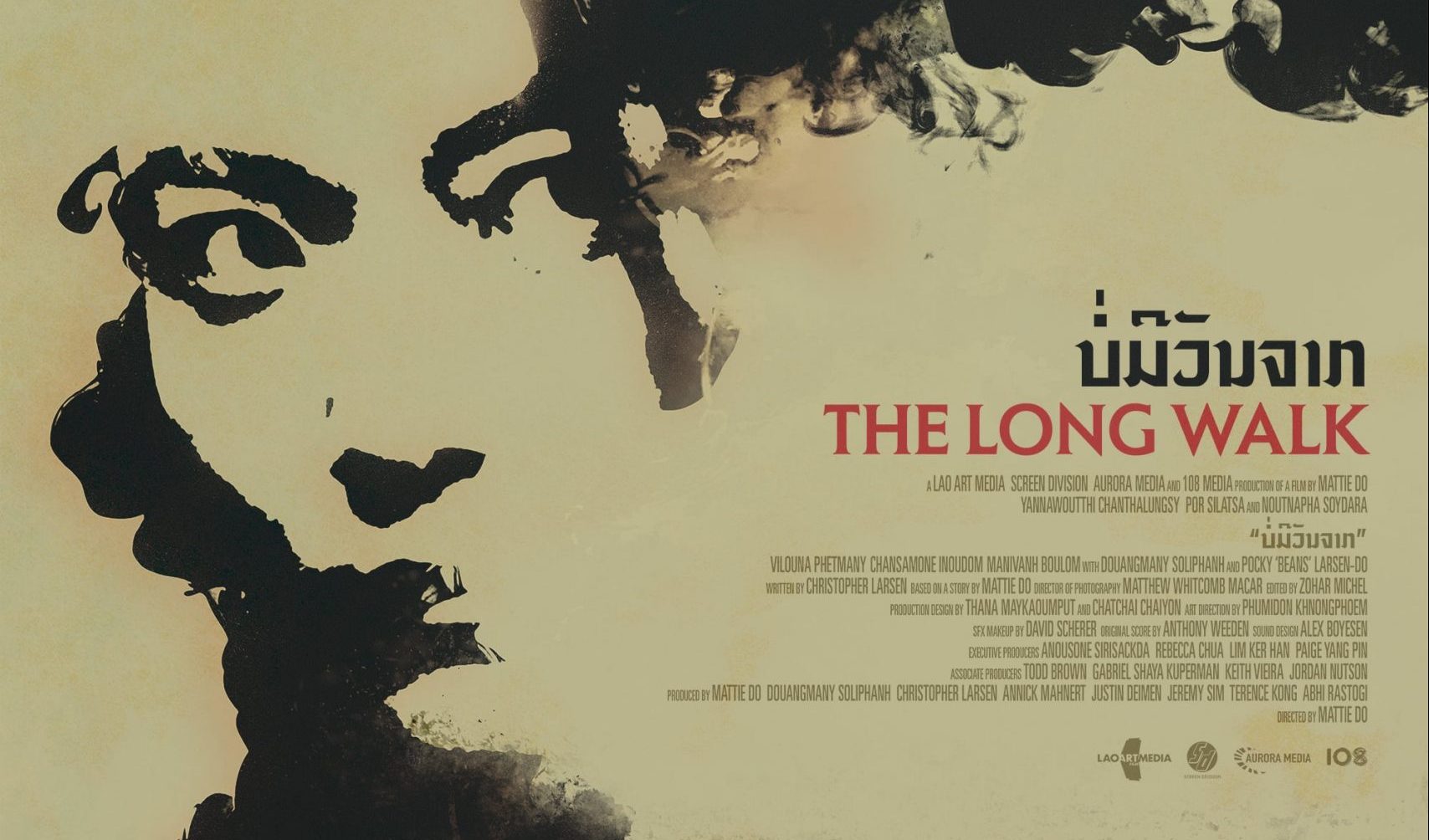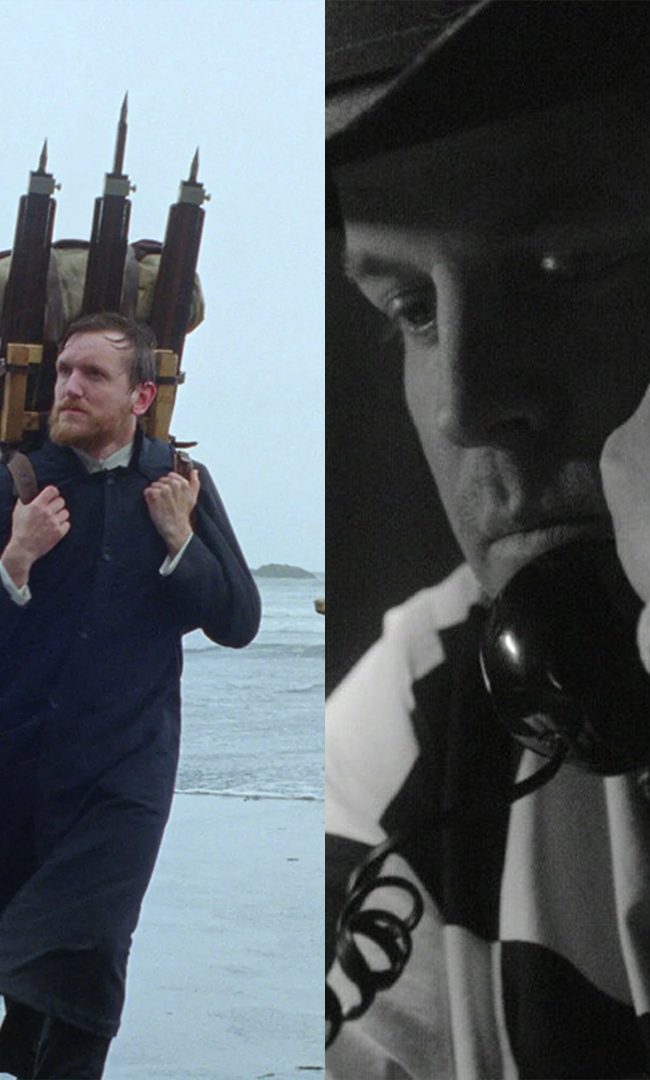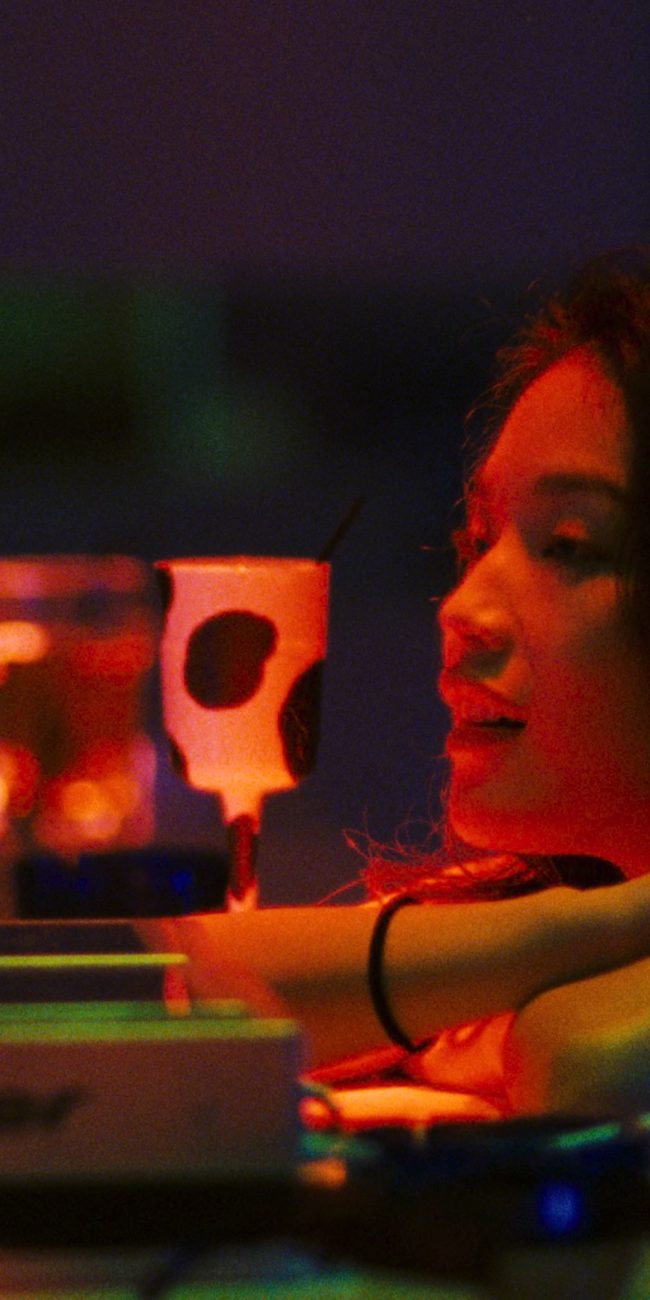THE LONG WALK

(Check out Sammy Levine’s movie review of Mattie Do’s The Long Walk. You can stream the film right now on Metrograph, just click this link! )
Laotian director Mattie Do’s The Long Walk is an impressionistic ghost story overflowing with ideas on technology, grief, toxic masculinity, and modernization. It’s high concept/low budget execution is reminiscent of Primer and Upstream Color with a touch of Uncle Boonme’s mystic complexity. To its benefit, the conceptual design is labyrinthine but pointed enough to not fall into head-scratching obscurity. As the movie journey’s through time periods, we are transported via anachronistic indicators such as human microchips and holograms against an undeveloped and furtive jungle. The Long Walk is a creeping, haunting, bleak experience anchored by tender performances from its cast of locals.
Set in the rural outskirts of a Laotian village, we follow our central character through his past and future with the help of a spectral companion. As we jump through time, the protagonist is separated drastically by age until finally their timelines collide. With the help of the spectral companion, our titular character attempts to reconcile his tortured past with future’s hindsight. As a young boy (imbued with a dying innocence by Por Silatsa), our protagonist, witnesses the unbearable suffering of his mother slowly dying of tuberculosis. As an old man (played with a muted intensity by Yannawoutthi Chanthalungsy), our protagonist is deeply scarred by his mother’s death. Inspired by his mother’s terrible death, he has taken to easing the suffering of other local women through painkilling medicine. At the discovery of time travel, he decides to employ this euthanizing tactic on his mother. The film takes a sinister turn when the old man’s savior complex reveals his darker tendencies and selfish intentions.
The Long Walk’s lush cinematography by DP Matthew Macar maximizes its use of its rural landscape. Macar and Do’s compositions emphasize the jungle’s mysterious beauty and its own atmospheric character. The glowing warmth of the photography provides a necessary grace when tackling its bleaker themes. In terms of the camera direction, the alternating shot lengths and use of handheld photography keeps the journey intimate and engaging. The film’s cinematography is bolstered by Anthony Weeden’s powerful score, which is at once ethereal and ominous, building the film’s slow burn intensity.
Mattie Do has crafted a head trip of a film that confidently executes genre conventions while adding its own bitter panache. Its puzzling narrative is nonetheless excitingly jam-packed with ideas. The inclusion of its multitude of themes is blended with enough subtlety and layers as to not overwhelm the overall vision. The film is a slithering work, playing the long game, as it casts its drawn-out spell to hauntingly persuasive effect. The Long Walk is a lo-fi genre picture that is more than meets the eye.
Metrograph; Mattie Do; The Long Walk movie review











